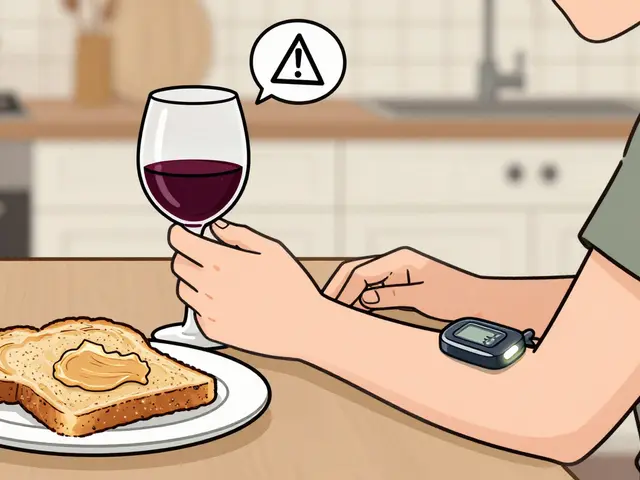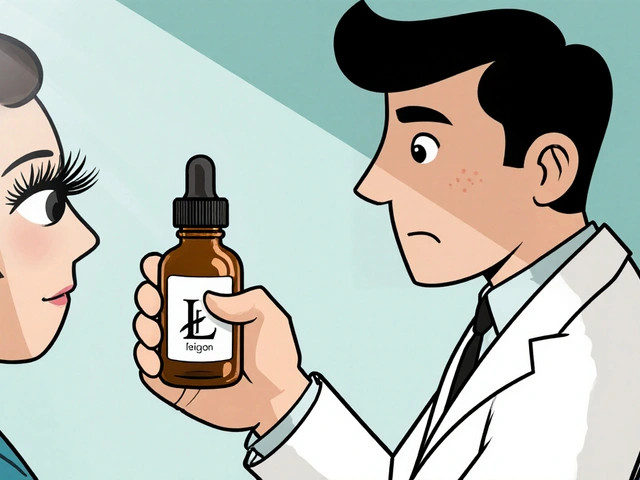Sleep disorders — signs, simple fixes, and when to see a doctor
Struggling to fall asleep or waking up exhausted? You’re not alone. Sleep disorders range from short bouts of insomnia to serious conditions like sleep apnea. This page gives straight, practical steps you can use tonight, plus clear signs that mean you should see a professional.
Common types and clear signs
Insomnia: trouble falling asleep, staying asleep, or waking too early. If poor sleep hurts work, mood, or health for more than a month, it’s likely insomnia.
Sleep apnea: loud snoring, gasping, choking at night, morning headaches, daytime tiredness. Untreated obstructive sleep apnea raises blood pressure and heart risk.
Restless legs syndrome (RLS): an urge to move your legs, worse at night and relieved by motion. RLS often steals sleep without obvious snoring or breathing problems.
Shift-work and circadian problems: if your sleep is out of sync with your schedule (night shifts, jet lag), you may be alert at wrong times and sleepy when you should be awake.
Practical steps you can try tonight
Fix the basics first. Keep a regular sleep schedule — same bedtime and wake time, even weekends. Make your bedroom cool, dark, and quiet. Remove screens at least 30–60 minutes before bed; blue light suppresses melatonin.
Try a simple wind-down routine: dim lights, do something low-key (read, stretch, light breathing). Avoid big meals, caffeine after mid-afternoon, and heavy alcohol before bed. Alcohol might help you fall asleep but fragments it later.
Behavioral treatment is high value. Cognitive Behavioral Therapy for Insomnia (CBT-I) helps change thoughts and habits that keep you awake. Many sleep specialists and online programs offer CBT-I — it often works better and longer than pills.
If you snore, partner complains of pauses in breathing, or you wake gasping, ask your doctor about a sleep study. Continuous positive airway pressure (CPAP) or an oral device can stop dangerous breathing pauses.
Supplements and meds: melatonin can help shift sleep timing and is fairly safe short-term. Prescription sleep meds and benzodiazepines (like lorazepam/Ativan) may help short-term but carry risks — tolerance, daytime drowsiness, falls, and rebound insomnia. Don’t mix sleep meds with opioids, alcohol, or sedating antidepressants without medical advice.
Other health issues matter. GERD, hormonal changes (low estrogen), pain, anxiety, and some meds can wreck sleep. If you suspect a medical cause, bring a short symptom list to your clinician — that makes appointments more productive.
Final quick checks: keep a week-long sleep diary, note daytime sleepiness, snoring, and leg sensations. If you fall asleep unintentionally during the day, have loud prolonged snoring, or breathing pauses, see a sleep specialist. If you use online pharmacies or consider medications, choose reputable sources and always get a prescription when needed.
Need article-level help? Our site covers safe buying tips, drug interactions, and specific meds that affect sleep — use those guides to ask better questions at your next doctor visit.

College students often grapple with sleep disorders, which can have a significant impact on their academic performance. Despite being at a crucial stage in life where learning is paramount, many students find themselves unable to maintain a healthy sleep schedule. Causes vary from stress to poor lifestyle choices, but the effects are commonly negative, affecting grades, mental health, and quality of life. Recognizing and addressing sleep disorders can help students improve their performance and overall well-being.






